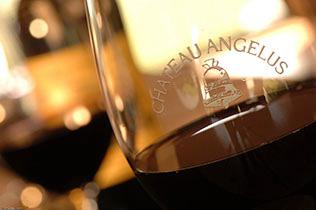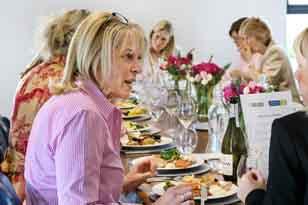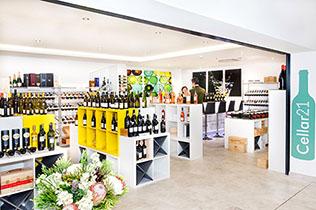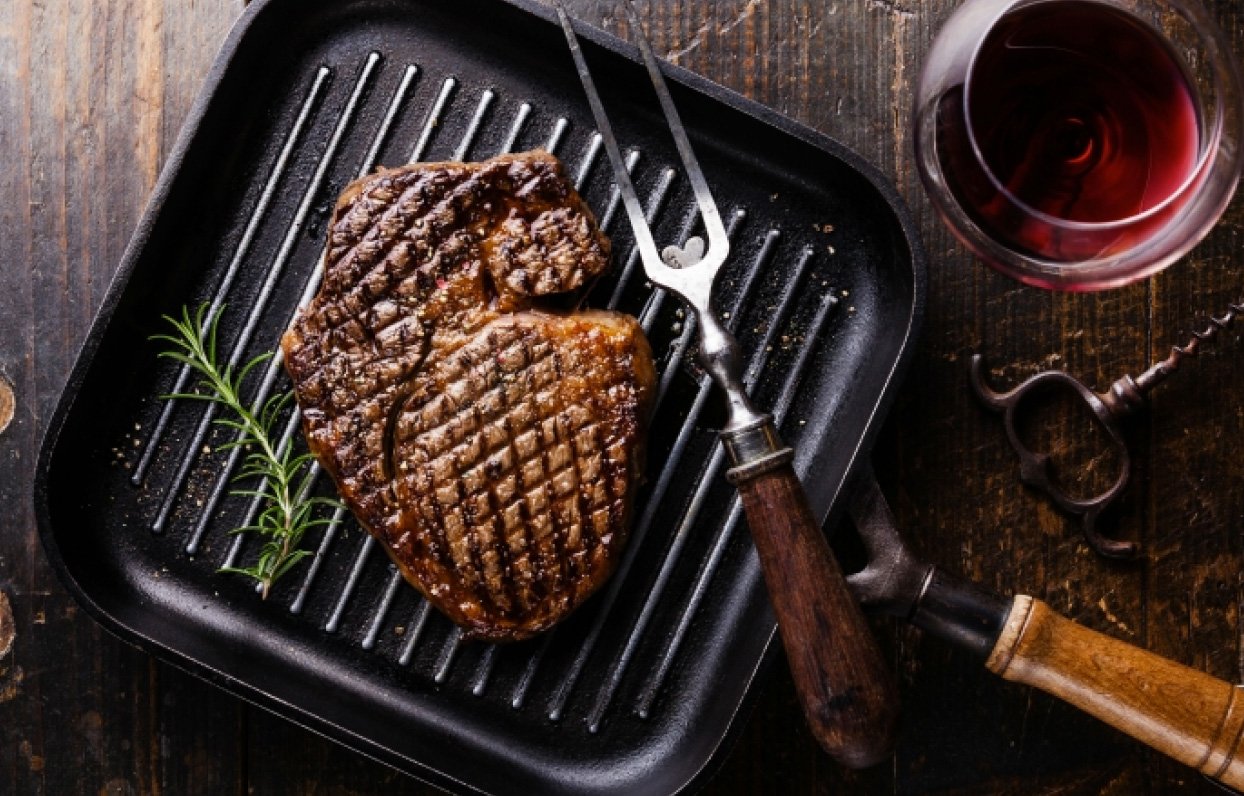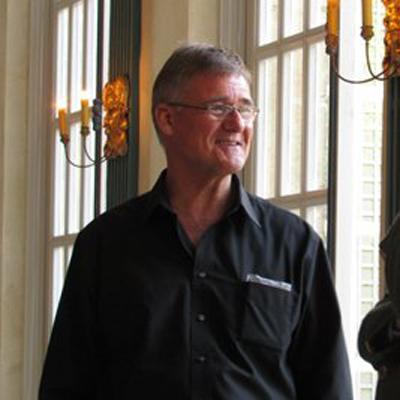

Bill Blatch
The Wine Whisperer of Bordeaux
"I have never ever bought a wine for myself as an investment. Everything in my cellar was bought for me, my wife and my friends to drink..."
Biography
Bill Blatch landed in Bordeaux in 1974, since then he has built up a reputaion of being the 'secret agent' of Bordeaux. His eagerly anticipated Annual Bordeaux Vintage Reports are applauded around the world.
From small modest properties to the likes of Jancis Robinson and Robert Parker, everyone reads it and all love his company and admire his expertese for Bordeaux ans Sauternes wine. Currently writing his book "Inside Bordeaux" it promises to be a great read - our order is already in!
Q & A
In your experience what is the biggest change in Bordeaux over the last twenty years?
When I arrived in Bordeaux 38 years ago, tastings were pretty arduaous affairs - there were a lot of mean green wines that left your teeth sore. Now we very rarely see this kind of wine The quality of Bordeaux wines, at all levels, is by far the biggest change over this period.
Of course climate had a lot to do with it and global warming has helped (in Bordeaux 2 1/2 times the rest of Europe) and we got lucky the last 12 years with fine aurumns, but that's only a part of the picture. The main part of it is the enormous advance in vineyard and cellar. The approach to the vineyard has gone from non-assistance to total involvement, the different parcels now well mapped out, the rootstocks and varieties gradually replanted on the correct soils and the foliage and bunches now manicured all through the season. In the cellar, there are now highly proficient sorting tables do that only the perfect grapes get through, most screws and pumps have been eliminated, vats are now adapted to the vineyard parcels, temperature control has been fined down to the tenth of a degree and softer maceration procedures have been applied. This all results in riper, more concentrated wines.....but at the expense of yield.
Who is the person you admire most in Bordeaux and why?
Someone like Anthony Barton, and there are quite a few of them, who continue to do things the old way, like Uncle Ronnie used to, but better. These people consider that crus classés should not be tampered with, just done properly and the wines reflect that. They are less attractive at the primeur tastings but they don't care. Besides which, it always brightens up my day to taste with Anthony who has some great one-liners.
You are privee to many winemakers 'experiments' in winemaking techniques and collaborations - can you tell us about one?
Many experiments are being conducted to reduce sulphates not only in Sauternes but in all wines. For a time sorbic acid was a solution but it can only be used in small doses and does impart a geranium taste.
As we await the perfect solution, the answer is finding itself as we produce cleaner and ever more stable wines in the first place. I would say the sulphur levels have come down by about half over the past 20 years and will come down more. But I don't think we will ever do away with them altogether. Sauternes, with its potential refermentation problem and with its tendency in wet vintages to "eat its sulphur" (you have to keep the free sulphur at a certain level or your wine will go off), is especially tricky but the best way to use less is to use refrigeration rather than sulphur to stop the fermentation and then to have the cleanest possible conditions for the élevage. Sterile filtration would work, and it is used, but it evicerates the wines. Personally I very rarely notice the sulphur in modern Sauternes. I did 30 years ago.
What do you think of Latours change in direction with regard to not releasing En Primeur from the 2012, how do you think this effect the market and will others follow?
Latour were already talking like this 30 years ago, have always been the biggest stock-retaining First Growth, so this is nothing new, just the culmination of a policy. I don't really see too many châteaux doing the same thing: the current allocation / négoce system is too effective for them, and it is the envy of many wine regions. If such a system was implemented in Argentina, they would all say yes right away, no?
I would also say that the négoce system is more efficient now as each négociant has its own speciality both in terms of sales (to wholesalers, to consumers, by internet etc) and of markets (each specialised in USA or UK or France and Belgium etc). Unless the négociants hit really hard times, and so long as they are diversified with other things than primeur, I think the system will continue, and in fact get more integrated as the châteaux continue to work more closely hand-in-hand with the négoce.
What do you think the future holds for Bordeaux in the international wine market?
All good news. At the top end, the demand will continue because there are so many more millionaires every day and the pricing problem will end up regulating itself. At the lesser end, Bordeaux is at the beginning of a real upswing. You can't beat the quality of Ch Baby or Ch Thébot, both straight Bordeaux's, at that price level from anywhere in the world. The problem is that they don't have a brand label, just a very often unknown château one, but that too is begiining to appeal more to drinkers as they get bored of the big brands.
What has been your best wine bought for investment?
I never ever bought a wine for myself as an investment. Everything in my cellar was bought for me, my wife and my friends to drink and when she says "Oh that's good, what is it?" and I say "Mouton 82", she doesn't say I'm crazy because I could have sold it for thousands of pounds, and we just chuckle to think we only paid £20 for it en primeur. But I have to admit i recently sold a bottle or two of my older Lafites, which has been the most successful price-rise recently. It had just become indecent to drink it when you can get a slap-up two-week holiday in the Maldives for 6 bottles. Where is the most pleasure? Easy reply.
Your most memorable vintage and why?
That has to be 1982, when there was hesitation initially about its keeping power. I had just started the company and was going for allocations. I didn't have any money so I had to get it right if I was to stick my neck out. It was the older cellar-masters like Raoul Blondin at Mouton who convinced me and I bet the farm on it. That was a great moment: being so young yet so sure. I met Bob Parker for the first time that year and we were fuelling each other's enthusiasm. That helped too.
Your most memorable wine?
Lafite 59, beautifully elegant, fantastically concentrated even though very low in alcohol by today's standards. I have never drunk a wine like it since. It's probably over now. That experience was in 1990, sitting round my cousin's pool (I had brought the bottle for dinner but we couldn't wait). A magic moment that doesn't happen very often.
Tell us about the book you are writing on Bordeaux...
You may have read "Inside Burgundy", Jasper Morris's extremely detailed review of all the burgundy estates, viewed from the inside because he has been a professional burgundy buyer for so long. I have been asked to do the Bordeaux version and am currently working on this enormous task. I am just finishing sifting through 40 years of tasting notes and notes on château visits and should have a few interesting things to say about each...from the inside.
Whats your biggest interest outside wine?
When you're in wine, you don't have too much time or energy left for other passions. I resisted taking up golf, which is what the rest of the Bordeaux wine trade seem to do, but do have an attraction to water life so fishing and diving are my main extra-curricular activities, both of which require total and immediate unwinding. In fact I'm writing this by the banks of the Campbell River on Vancouver Island so must go now as the chinook are coming in on the tide...

